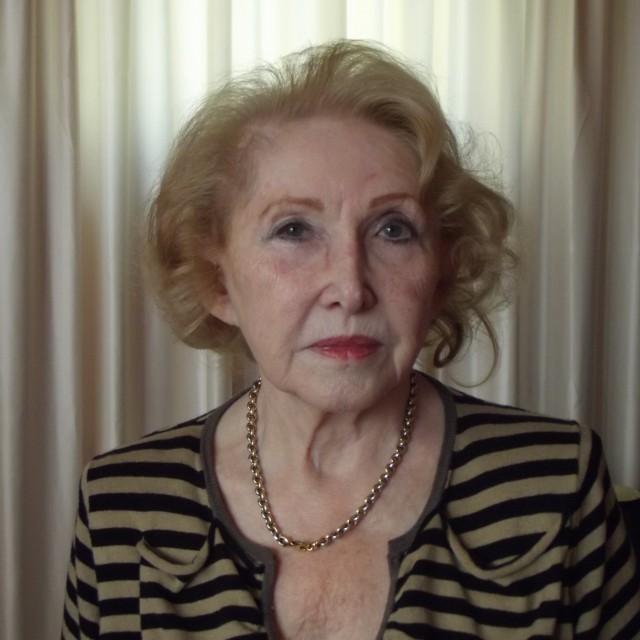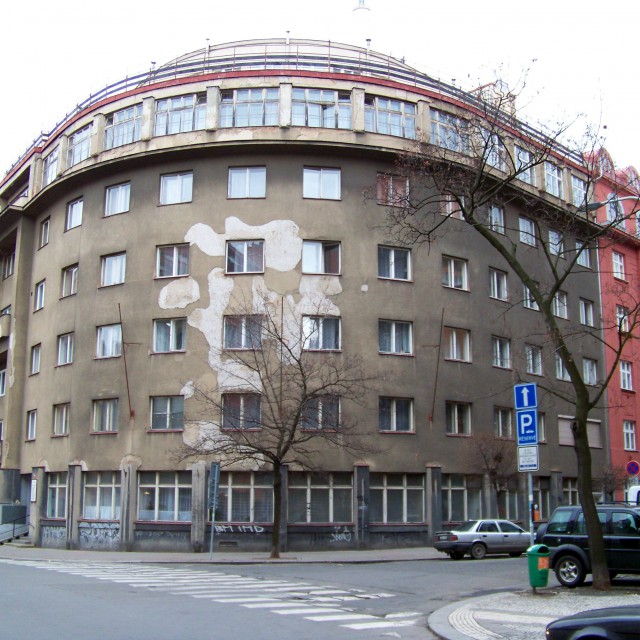The list of threatened persons was sent across the border
The girls' dormitory in Kubelíkova Street in Prague, that was ran by the Congregation of the Sisters of Mercy of the Holy Cross after WWII, became the scene of the third resistance in the years 1948 - 1949. Irena Šimonová - one of the girls living in the dorm - got involved in resistance activities and gathered important documents that she obtained through her friend. "I knew Libuše Kuhnová, who worked as a secretary at the Presidium of the Bar association", says Irena Šimonová."She had the perfect opportunity to get her hands on various documents. So she would bring me some of them and I passed them on to my liaison." Through her friend, František Smrček, who had gone into exile in Germany after the February Communist coup, and had gotten involved in anti-communist activities, she maintained contact to an agent who safely took the documents across the border. Irena Šimonová recalls: "One day, she gave me a list of attorneys in law, who were earmarked for dismissal or arrest. I decided to help them. "Together with Libuše, we wrote them letters warning them of what's coming their way." But ironically, one of the lawyers handed the letter to the police. This aptly illustrates the atmosphere and the level of general mistrust in the early days of the Communist regime. Irena Šimonová at the time tried to cross the border but was arrested. After her friend Libuše was pressured by the StB, it was useless to keep denying the letters. In December 1949, the court sentenced Irena to 25 years in prison. Surprisingly, her contacts with the agents have never been disclosed.
Hodnocení
Hodnotilo 0 lidí
Routes
Not a part of any route.
Comments
No comments yet.



